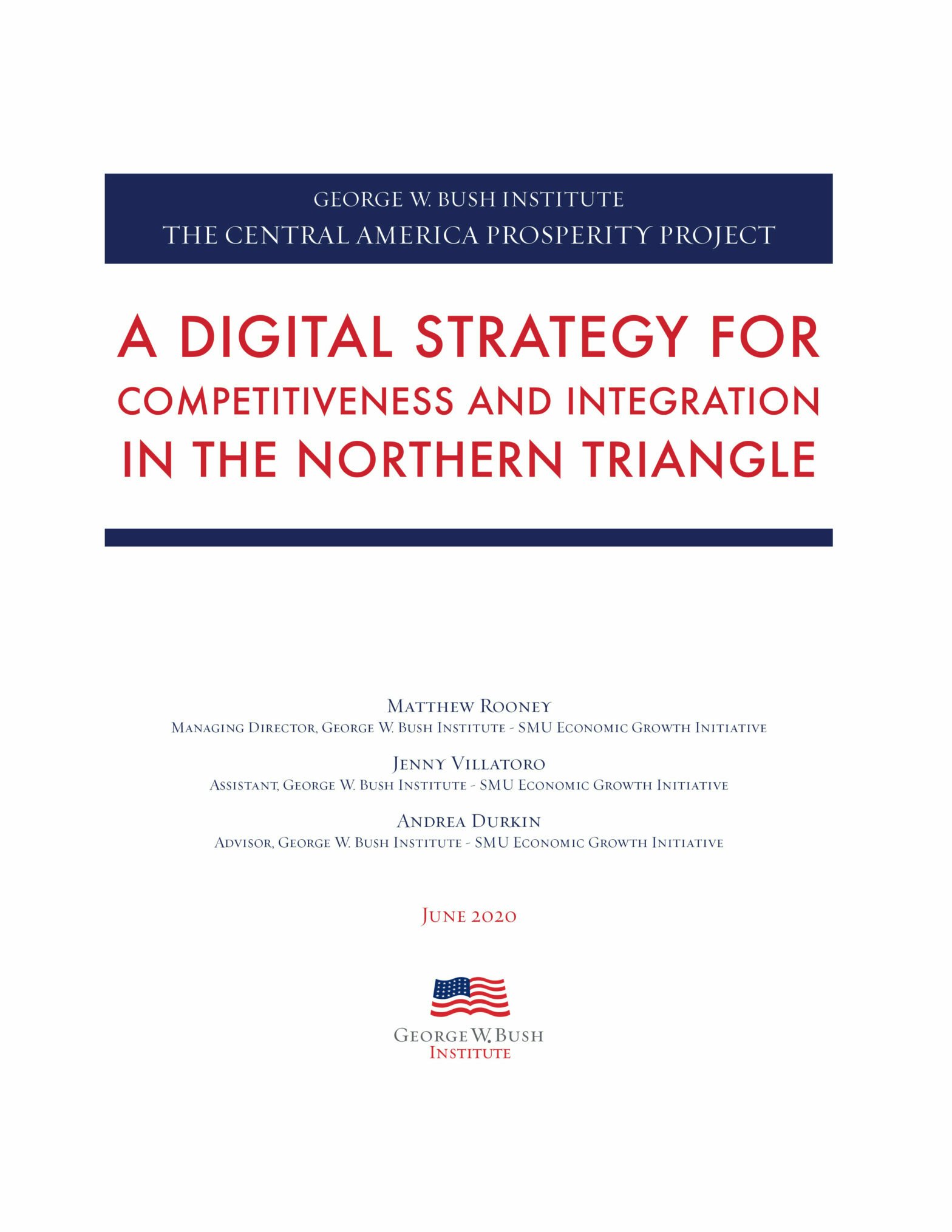Immigrants of all backgrounds are a driving force of U.S. productivity – the key determinant of economic growth. Equipped with the facts contained in this book, Americans can have a rational conversation about the importance of immigration.
The United States Hispanic Chamber of Commerce (USHCC) and The George W. Bush Institute have partnered to release this book containing an in-depth analysis of the correlation between immigration and economic growth.
For hundreds of years, people from all corners of the globe have left their homelands to come to the United States of America. For many, perhaps most, America has appealed as a land of economic opportunity, a place where anyone from any background can come to work for a better life. In the process of bettering their own lives, immigrants have contributed much to America.
Immigrants like Alexander Graham Bell, Joseph Pulitzer, Nikola Tesla, and Albert Einstein represent some of the most well-known American innovators from history. George Soros, Sergey Brin, Arianna Huffington, Andy Grove, and Jerry Yang are just a few of today’s leading entrepreneurs who immigrated to the U.S.
For nearly as long as there has been a United States of America, there has been a debate about immigration. Today, issues of border security and unauthorized immigration dominate headlines. These are important issues that require careful consideration, but all too often they overshadow other critical aspects of the immigration discussion.
One highly important dimension of the immigration debate deserving much greater consideration is the role immigrants play in the economy. On this point, the evidence could not be clearer: Immigrants are a powerful positive force in the U.S. economy. Indeed, immigrants contribute in a number of ways to U.S. economic growth. This book seeks to tell that story — presenting the economic evidence about immigration that is too often overlooked.
Key Facts
In 2013, immigrants accounted for 13% of the total U.S. population, but for more than 16% of the civilian labor force.
Immigrants are twice as likely as natives to be granted a patent.
In 2010, 41% of all Fortune 500 companies had at least one key founder who was an immigrant or the child of an immigrant.
Immigrants start new businesses at almost twice the rate of native-born Americans.
Almost one out of every four people in the U.S. is an immigrant or the child of an immigrant.
























